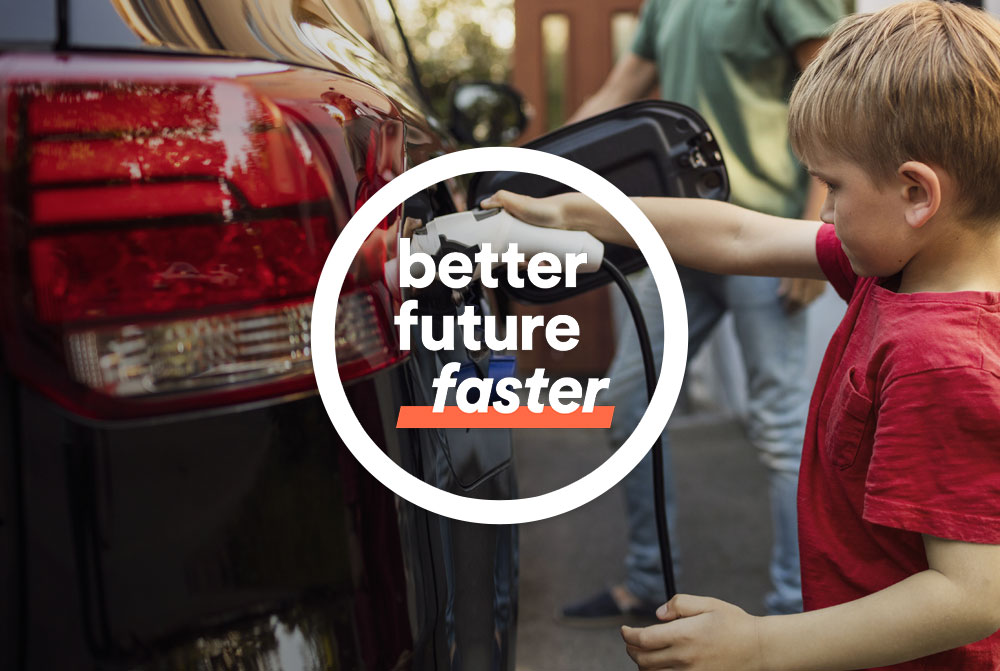Zero-Carbon Transition: Latest signals of change (27.03.2020)
The We Mean Business coalition
As the world grapples with the devastating impacts of the coronavirus, our thoughts are with those affected by the illness and those struggling to carry on despite incredibly challenging conditions – particularly those at the frontline of caring for the sick and vulnerable.
At this time, it is difficult to think of anything other than getting through the coming days, weeks and months. But we also need to look forward with hope that in rebuilding from this devastating crisis we can ensure greater resilience and steer a renewed pathway to the zero-carbon future.
The hard work of shaping that future continues, but with even greater determination. Here are just some of the signals of change from the past two weeks, demonstrating the transition to a resilient, zero-carbon future remains underway. #BetterFutureFaster
Zero-Carbon Economy
The European Union is set to make ‘greening the economy’ an essential part of its efforts to recover from the impacts of the COVID-19 crisis, as calls mount for all governments to consider climate impacts and resilience amid long-term spending plans. South Korea, the world’s seventh-largest carbon emitter, last week committed to reach net-zero carbon emissions by 2050. Russia outlined tentative steps to limit fossil fuel use to curb emissions out to 2050. The world’s largest telecoms company – AT&T – has had its science-based target approved. And UK greenhouse gas emissions fell for the seventh consecutive year in 2019, government figures show.
Zero-Carbon Power
California committed to reducing greenhouse gas (GHG) emissions 56% by 2030, compared to 1990 levels, and blocked the development of new natural gas plants. The world’s wind power capacity increased by fifth in 2019, thanks to record installations, while the number of coal-fired power stations under construction or development globally fell for the fourth year in a row. Italian power utility A2A has had its science-based target approved and Swiss wealth manager Credit Suisse has committed to switch to 100% renewable electricity with RE100. Communities across Scotland are using income from wind farms to help them cope with the impacts of the coronavirus. Southeast Asia’s largest solar farm is due to start operations later this year. And researchers have developed a new process that could make solar panels from sustainable materials.
Zero-Carbon Transport
Swiss transport and logistics company Kuehne + Nagel International AG and Canadian transport and logistics company Delmar International have both committed to set a science-based target. An “electric avenue” has been developed where lampposts have been converted into chargers for battery-powered cars.
Zero-Carbon Built Environment & Heavy Industry
Mining giant Rio Tinto highlighted several cases where Australia’s biggest mining industry body advocated for thermal coal, contradicting the goals of the Paris Agreement. Rio Tinto updated its expectations for any industry associations it funds last April to ensure consistency with the goals.

